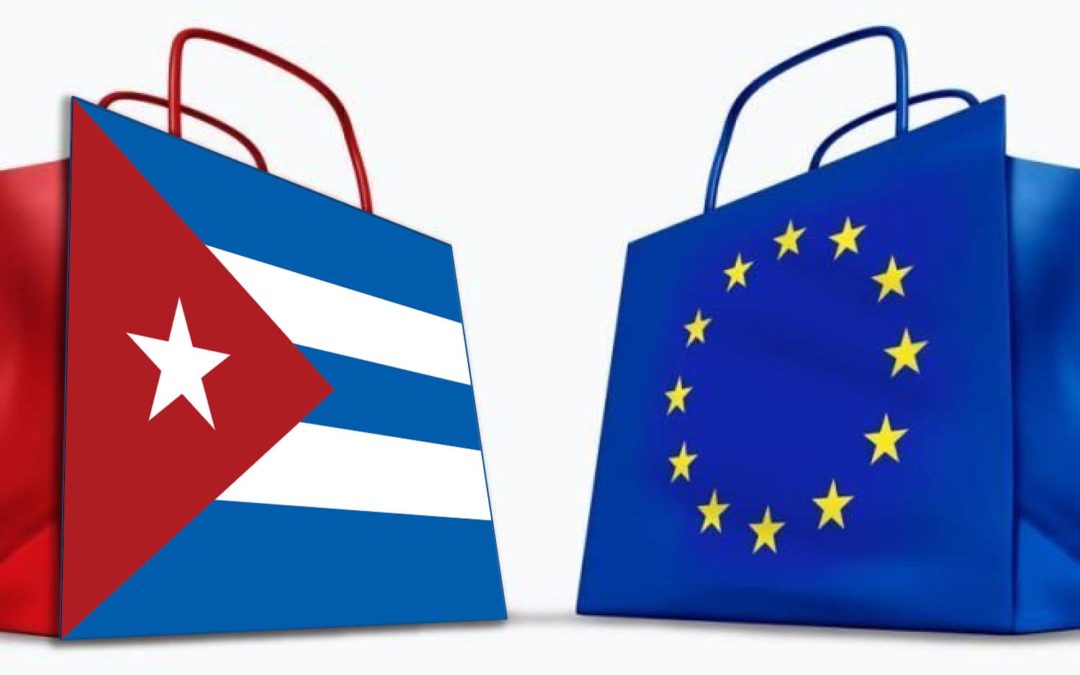In December 2016, the European Union (EU) signed a political dialogue and cooperation accord with the government of Cuba to replace the “common position” that since 1996 conditioned any progress in the bloc’s relations with the island to some progress on the human rights issue.
Theoretically the new agreement was aimed at “supporting the transition process of Cuba’s economy and society”. But It was actually seeking to expand European investment and financing opportunities on the island in the face of an unsuspected rapprochement between Havana and its traditional enemy (and Europe’s main economic rival): the United States.
Then the human rights topic became just one more on an agenda dominated by a “common platform for bilateral investment”.
With no choice but to address the issue, the EU High Representative for Foreign Policy, Federica Mogherini, then stated that the convention would help “strengthen democracy and respect for human rights”, thus assuming that both existed on the Island. A rare concept that was confirmed when a global EU report released in October 2017 stated that “Cuba is a single-party democracy in which municipal, provincial and national elections are held.”
The first EU-Cuba human rights dialogue under the 2016 accord took place in Havana in October 2018. They talked about racism, xenophobia, LGBTI rights and legal guarantees in Cuba and Europe. However, key issues for the Cuban people such as free elections, and the contingency and criminalization of freedoms by way of the Constitution and the law, were absent or slightly addressed.
Now Ms. Mogherini is in Havana for the EU-Cuba Joint Council meeting. Three years after the signing of the dialogue and cooperation agreement, Cuba still does not ratify the international human rights covenants; and Miguel Díaz-Canel’s “transitional” government has reinforced repression and prohibitions not only against the political opposition, but also in non-political fields like art, independent journalism, alternative digital networks and academia.
There is a new Constitution on the island, but one that, as Cuban scholar Dimas Castellanos pointed out, “preserved the Communist Party as the only legal one, as well as the leading senior force of society and State; and it kept the exercise of freedoms contingent on the defense of the totalitarian model.”
Neither Ms. Mogherini, nor any member of her entourage, has ever met in their visits to Cuba with political opponents or members of the island’s independent civil society. Alternative reporters are not allowed to cover press conferences after the Joint Council meetings.
FHRC has little expectations about Ms. Mogherini’s new visit to Cuba. Human rights, if addressed, will be talked about in a negligible manner. Four of the EU’s 28 European partners are questioning the Dialogue and Cooperation Agreement, while the others only seem to care about the risks their investments are facing after (U.S. President) Donald Trump decided to activate Titles III and IV of the Helms-Burton Act, thus allowing more Americans to sue in court those who are trafficking in Cuba with their confiscated properties. As the biblical proverb goes, “dishonest money dwindles away” (13:11).
Does Meliá, Barceló, Iberostar and other trafficking companies know that Cubans on the island or abroad are not allowed to invest in their own country? Of course they do. Maybe they’re even happy about it.
Someday they will be reminded that they were bedmates of a selfish and abusive regime and that, while making a profit in Cuba, they systematically broke key international labor conventions. With the reminder, they will surely receive a gracious invitation to leave the island, for good.

